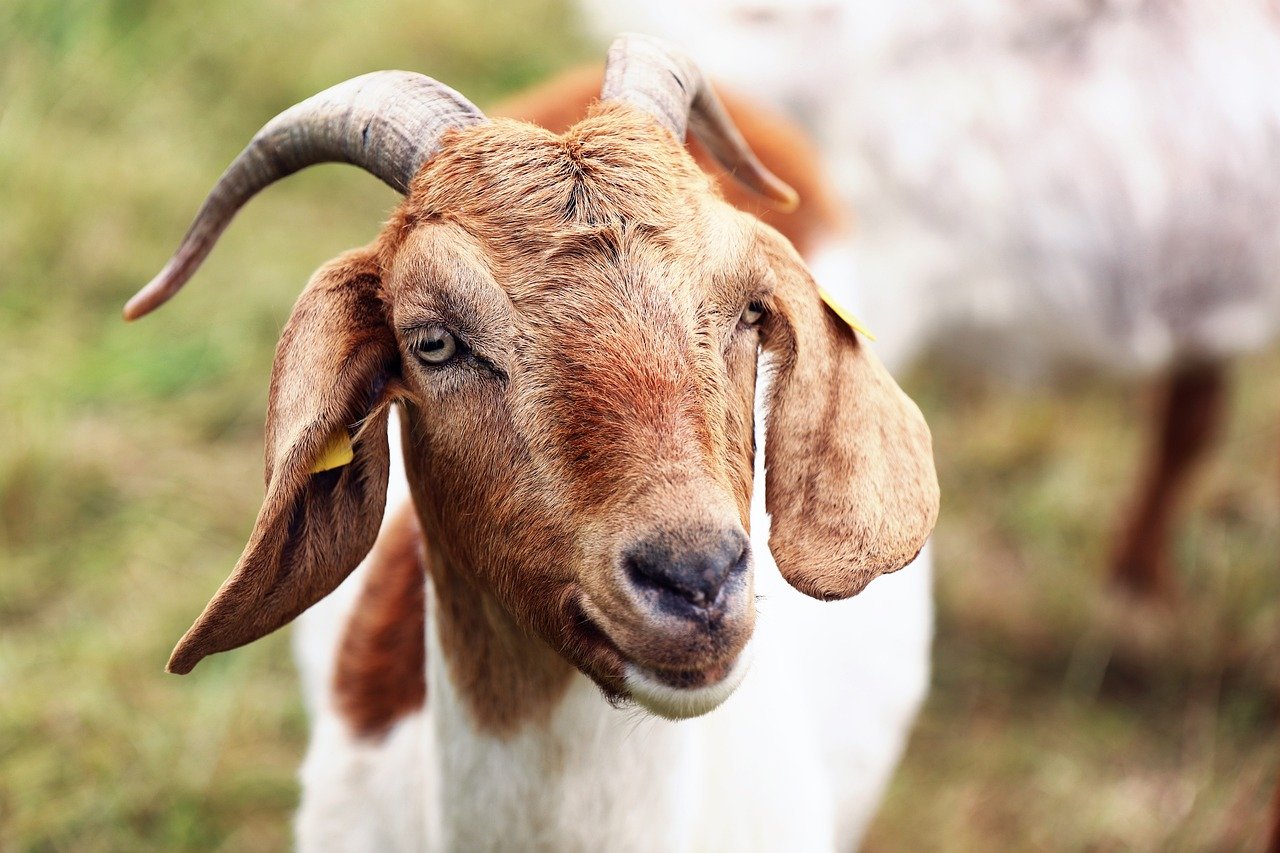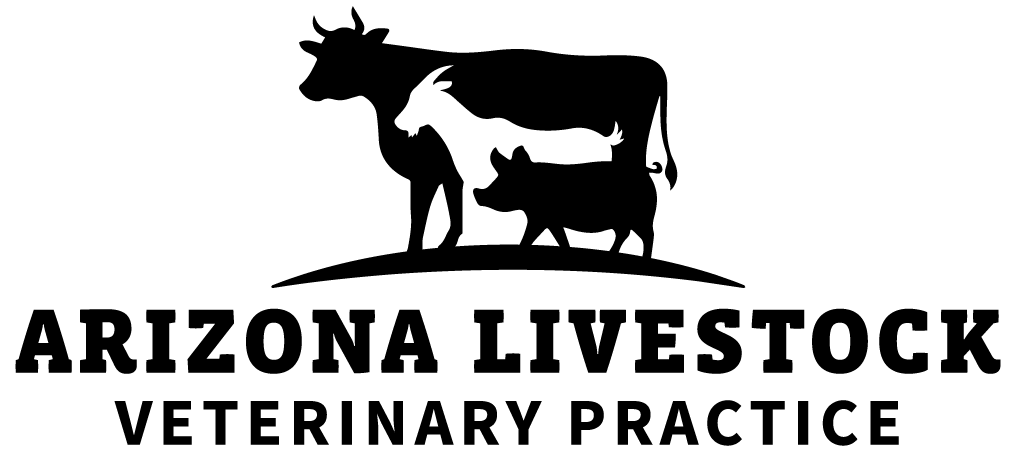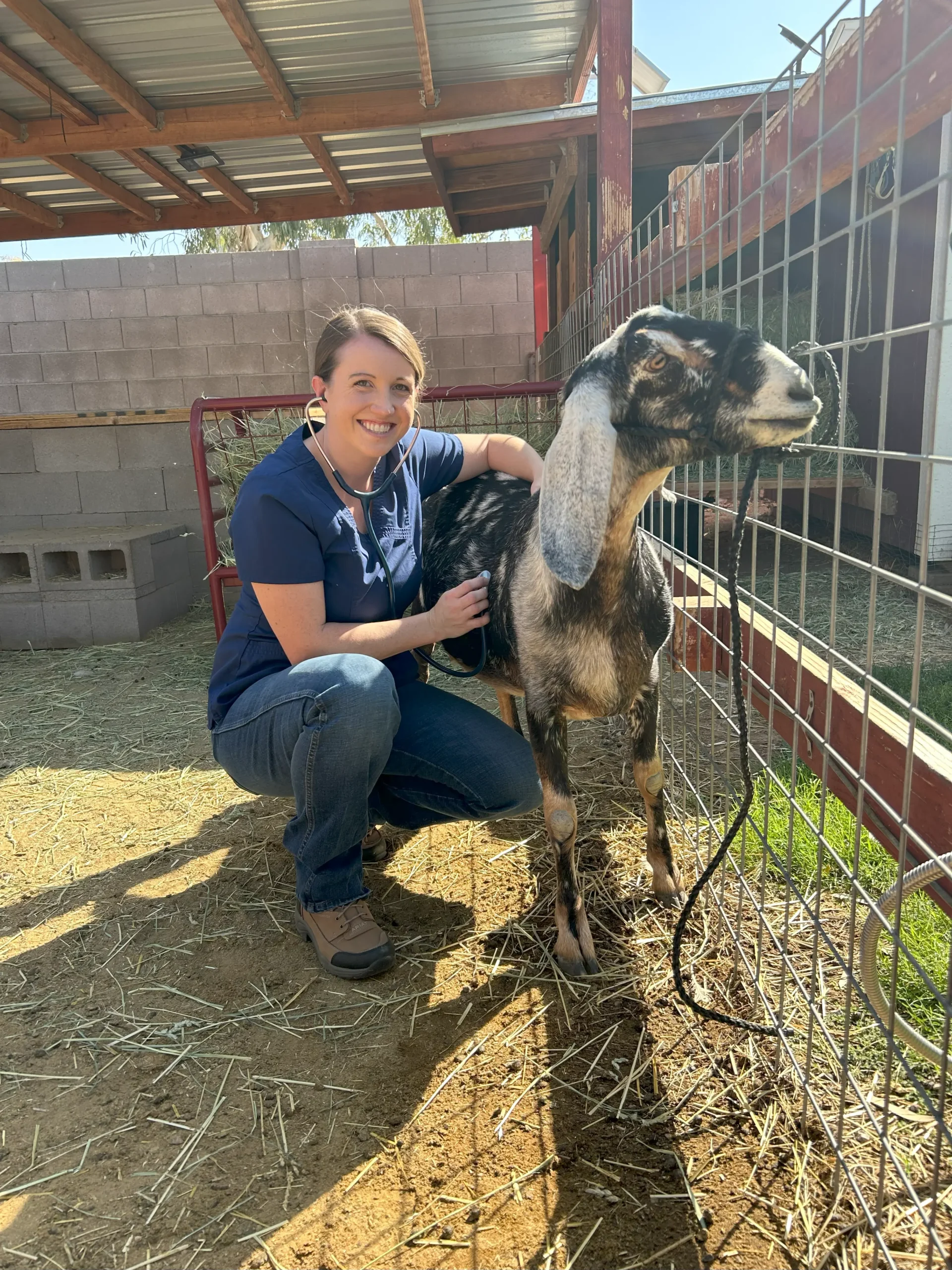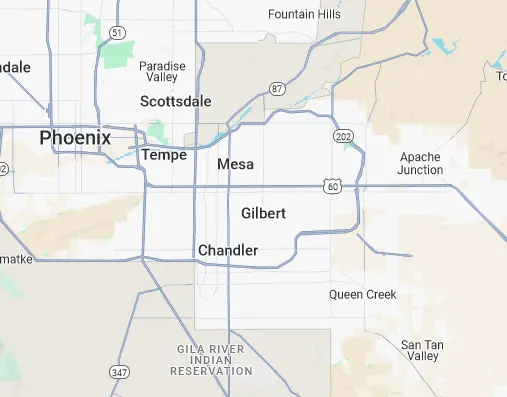We are now accepting new patients - schedule an appointment today!
Goats
At Arizona Livestock Veterinary Practice, we specialize in providing comprehensive veterinary care for goats. Whether you are raising goats for milk, meat, fiber, or as beloved pets, our experienced team is dedicated to ensuring the health and well-being of your herd. From routine check-ups and vaccinations to advanced medical treatments and emergency care, we offer a full range of services tailored to meet the unique needs of goats. Our commitment to excellence and compassionate care makes us the go-to choice for goat owners seeking the best for their animals. Trust us to keep your goats healthy, happy, and thriving.

Our Procedures, Labs, and Services
See something missing you are looking for? Don’t hesitate to call or text with any questions!
Available Emergency Veterinary Services for Goats
Things happen, and sometimes your goats need emergency veterinary services. Whether it’s an injury, illness, or assistance with the birthing process, we’re here to help. Call Arizona Livestock Veterinary Practice at (480) 604-2303 today to get emergency service for your goat.
Mobile Goat Vets Serving Arizona
We are a mobile veterinary practice, we bring everything we need to take care of your animals at your home, farm, or ranch.
Cities we serve include:
FAQ
Frequently Asked Questions
We recommended that goat kids be disbudded by 14 days of age, ideally between 5-7 days per AASRP Guidelines. Dehorning of goat kids over 14 days of age is not recommended as this leads to increased risk of scur development/horn regrowth. This is especially true for buck kids.
It is important to note that disbudding is significantly safer and easier than dehorning. Buds are the initial formation of the horns and can easily be removed with mild sedation within 14 days of age. However, as the goat matures the horns become part of a goat’s skull. At this time, removing horns becomes more clinically intensive. We generally only dehorn when medically necessary.
Benefits of horns:
Benefits of disbudding:
Ultimately, the choice to disbud and dehorn is up to the owner and is situationally dependent. If you have any questions, we are happy to come medically evaluate your animals and give you advice on the best possible outcomes.
Goats require yearly vaccinations for Clostridium perfringens types C and D and tetanus (CDT) at minimum.
There are multiple castration techniques that each come with their own benefits and timelines. We currently follow AASRP Castration Guidelines for timing and castration techniques. We highly recommend providing pain relief/management and updated tetanus vaccinations at the time of any and all castrations.
The different methods of castrations we recommend are:
- Banding: Banding can be performed up until two months of age.
- Surgical Castration: Surgical castration can be performed at any age under general anesthesia. Surgical castration is beneficial at the age of 3 months and older for the development of urethra and decreased likelihood of urinary blockages in the future.
Call AZ livestock to receive more information about castrations and recommendations for your particular herd.
Interstate movement of livestock requires a valid health certificate before movement (commonly valid for up to 30 days). Each state has separate requirements for movements and those can be found at Interstate Livestock Movement.
If you are planning to travel to a different state with your animals, we can help! Fill out the the form at the this link. When you submit it, our office will reach out to you to help get you prepared to move your animals.
Feeding recommendations may change based nutritional status of the animal. Nutritional status can be determined by factors such as age, breed, and pregnancy status. Call AZ Livestock to set up a consult appointment and we will be happy to discuss the best nutritional recommendations for your herd.
We do not recommend any grains or alfalfa be fed to castrated males. Castrated males are at high risk of developing urinary calculi which result in emergency urinary blockages.


